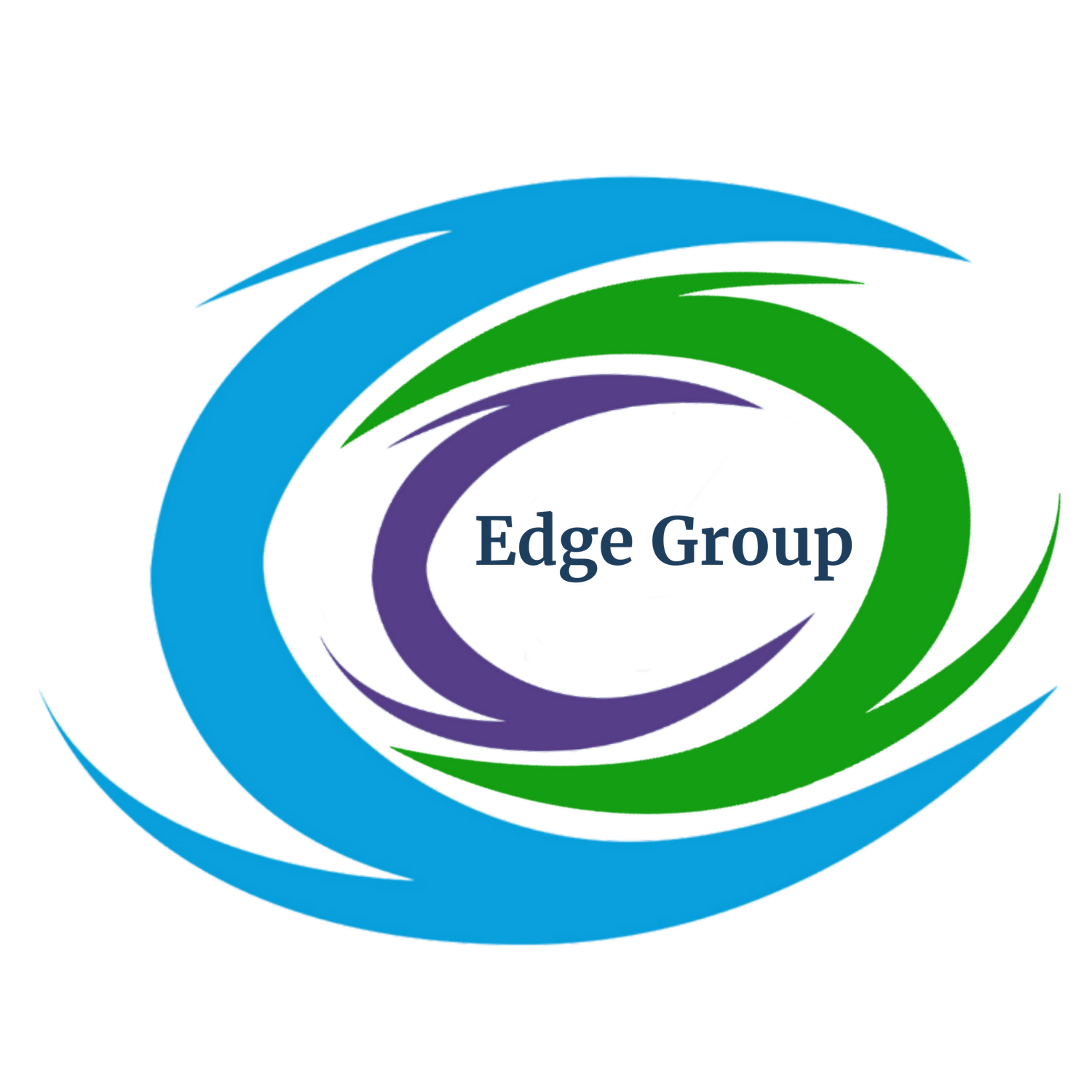Change the Workplace, Change Lives: Autism Acceptance
Making "Reasonable Adjustments" the Norm: Creating Autism-Inclusive Workplaces
World Autism Acceptance Month (WAAM) is a crucial opportunity to amplify the message of acceptance and inclusion for autistic individuals. While Edge Group Scotland champions this ethos year-round, WAAM provides a valuable platform to raise awareness and drive meaningful change, particularly in the realm of employment.
The statistics surrounding autism and employment paint a stark picture. Autistic individuals possess a wealth of unique skills and talents, yet face significant barriers to entering and thriving in the workforce. A key factor in addressing this disparity lies in making "reasonable adjustments" not just an exception, but the norm.
Only 30% of autistic people are in any type of employment - source: National Autistic Society
Edge Group Scotland: Pioneering a Pathway to Independence
As a Disability Confident Employer with Committed status, Edge Group Scotland is deeply committed to empowering autistic young adults on their journey to independence. Our programmes are designed to equip individuals with the skills, confidence, and support necessary to navigate the world of work. We understand that every autistic individual is unique, and our approach is tailored to meet diverse needs and strengths.
What are "Reasonable Adjustments"?
Reasonable adjustments are changes made to the workplace or working practices to remove or reduce barriers for employees with disabilities, including autistic individuals. Importantly, these adjustments can often be the smallest of changes, yet have a transformative impact.
Why are Reasonable Adjustments Crucial for Autistic Employees?
Autistic individuals may experience sensory sensitivities, communication differences, and a need for structured environments. Reasonable adjustments address these needs, enabling employees to perform at their best and reducing unnecessary stress.
Examples of Reasonable Adjustments:
Sensory Environment: Providing quiet workspaces, reducing fluorescent lighting, and allowing the use of noise-cancelling headphones. These adjustments can benefit employees who are sensitive to noise or light, regardless of neurotype.
Communication: Offering clear, written instructions, using visual aids, and allowing for communication via email or instant messaging. Clear communication benefits everyone by reducing misunderstandings and increasing efficiency.
Structure and Routine: Providing predictable work schedules, advance notice of changes, and clear task breakdowns. Structure and clarity can reduce anxiety and improve focus for all employees.
Flexibility: Allowing for flexible start and finish times, remote work options, and breaks as needed. Flexibility supports work-life balance and can increase job satisfaction across the board.
Beyond Legal Compliance: Embracing a Culture of Acceptance
While reasonable adjustments are often a legal requirement, their importance extends far beyond compliance. When businesses embrace a culture of acceptance and proactively implement adjustments, they create a workplace where autistic employees feel valued, respected, and empowered. Furthermore, these changes often benefit neurotypical employees as well, creating a more positive and productive work environment for everyone.
A Call to Action for WAAM and Beyond
This World Autism Acceptance Month, Edge Group Scotland urges employers to take meaningful action. As a Disability Confident Employer, we understand the importance of creating inclusive workplaces. By making reasonable adjustments the norm, businesses can unlock the potential of autistic employees, foster truly inclusive environments, and reap the benefits of a diverse and engaged workforce. Let's move beyond awareness and create a world where acceptance and inclusion are embedded in every workplace, every day.
Would you like to learn more about our programmes for young adults with additional support needs? Visit our Day Services page for information on our supported programmes and how to refer a young person to our services.



